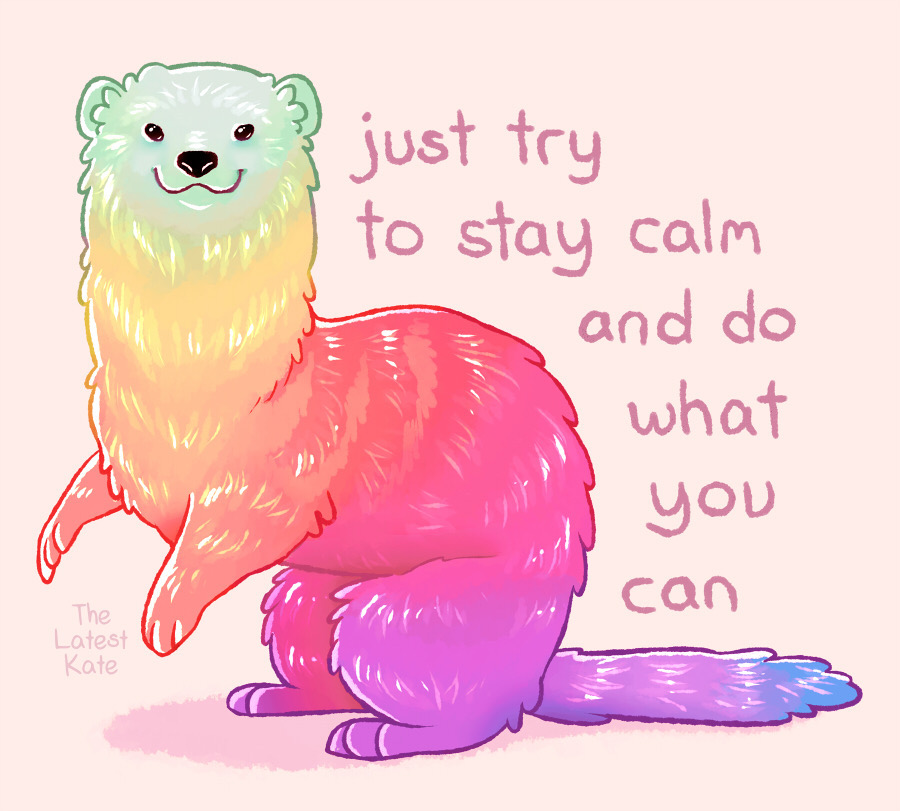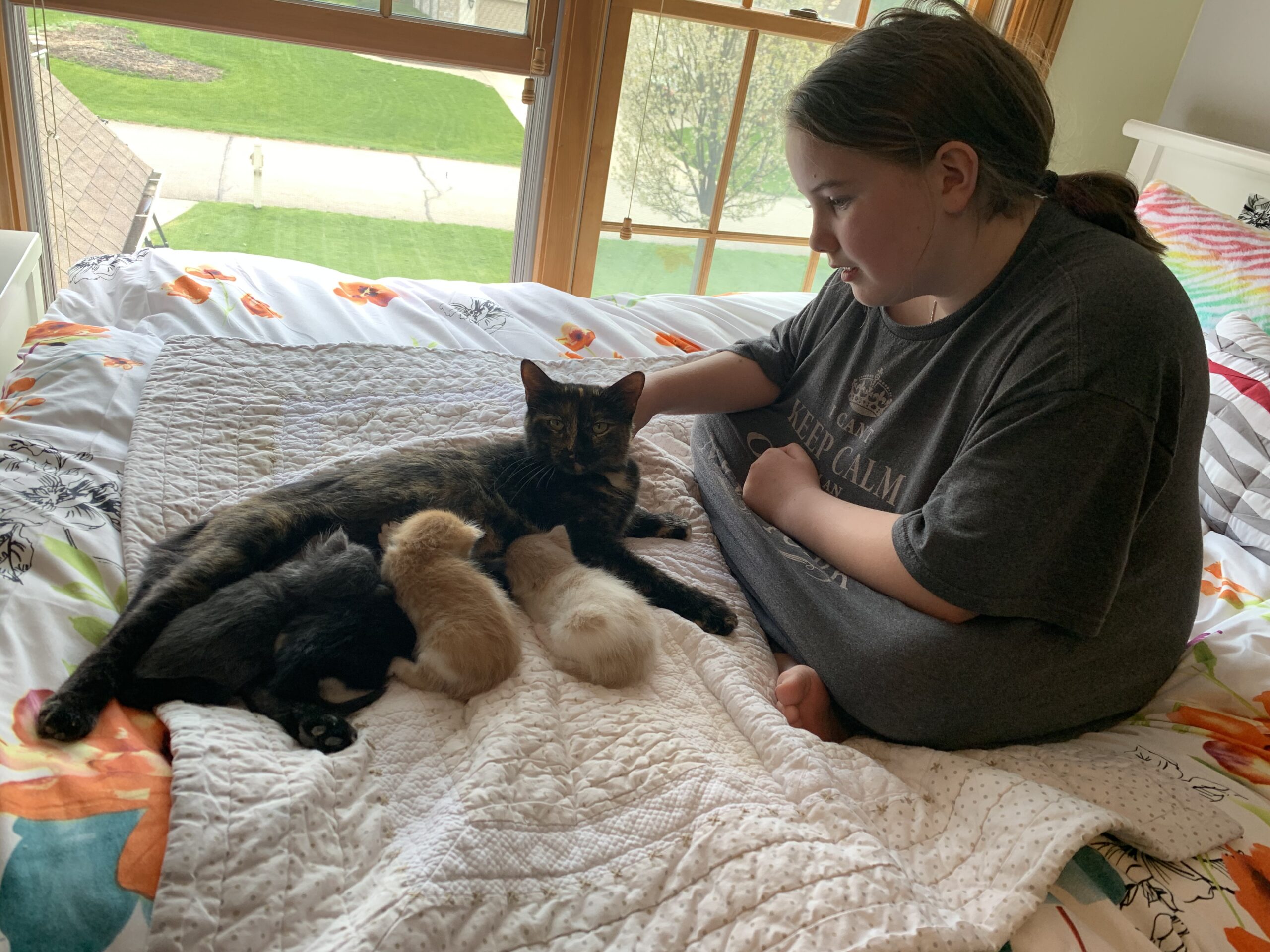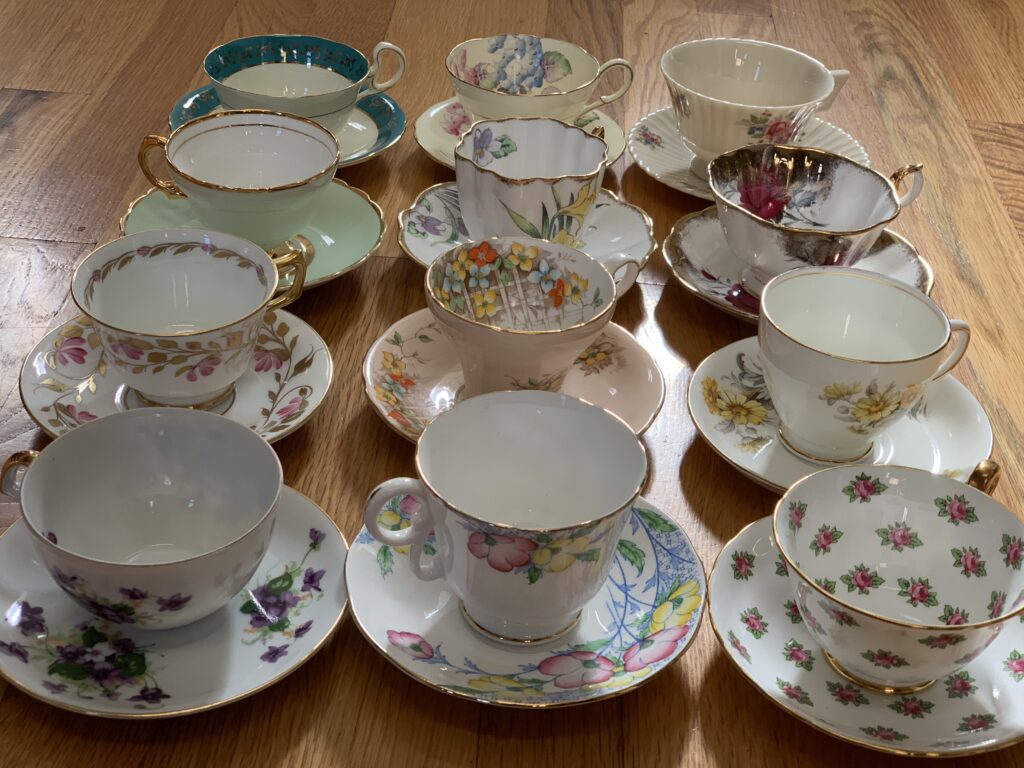
I’ve always thought of myself as a pretty calm, easygoing and steady person.
I work in a field where business crises are likely to pop up. Working in crisis communications has never bothered me. In fact, I’ve often been told that I shine during business emergencies.
Turns out, the same may not be true on the home front.
Over the past few years, my hubby and darling daughter have both told me that I’m not great at staying calm during crises at home. And since the pandemic hit in 2020, it feels like there have been more personal crises than I can count.
That’s why I sought out my own therapist. I had not talked to anyone professionally in many years and it seemed like a good time.
Since I felt like a calm person, yet my family kept telling me I was a screaming harridan, there was clearly some kind of disconnect. I wanted to get to the bottom of it all.
Well, after two years of talking to my awesome therapist Brooke, I can tell you the truth is somewhere in the middle.
It’s true that my family experienced me yelling more often than any of us would like. You see, my husband and daughter are highly sensitive and feel things extremely intensely. Any voice that is even slightly elevated can come across as “yelling” to them.
As for my part in this… my family was right. I wasn’t regulating my emotions well. I didn’t feel connected to my emotions. I wasn’t always totally clear about what I was feeling or why I was upset – or heck, even IF I was upset. That resulted in me being easily triggered by the emotions of my highly-sensitive loved ones.
I’m happy to say that I’ve been working on this for two years and I’m doing better at feeling my emotions and staying calm. That’s important – especially because I live with, and love, two individuals who are extremely reactive to my emotions. Let’s just say it can be an emotional powderkeg around here at times.
If mama gets triggered, EVERYONE is getting triggered.
You see, when I get even a little upset or mad and raise my voice a bit, both of my family members tend to react in a volatile manner and things escalate from there. They raise their voices. Not even realizing that I had started it, I would then raise MY voice even more… and so on.
It’s not a pretty picture. I feel awful about my part in it. Shouting matches with the ones I love most are definitely NOT my proudest moments… and all I can do is keep working to do better. They deserve better and so do I.
Through therapy, we explored why I was so mad, where all that anger was coming from, and also healthy self-care and coping mechanisms, as well as how to release that anger in productive ways, like journaling. The book The Dance of Anger was also amazing at helping me to understand all this.
We don’t talk enough about women’s anger! Women are taught to be sweet, loving and positive – but sometimes that means we’re not being true to ourselves or what we’re really experiencing and feeling. We don’t have to resist feeling anger – on the contrary, it’s healthy to feel it. Acting out in anger, however, is another story and likely won’t get us the results we want.
In therapy, we talked through how both the pandemic and my daughter’s health issues were impacting me, and how I could take better care of myself and my emotions so that I could stay calm and regulated even in the face of upset or angry family members. There is true magic in staying calm even while a maelstrom of emotions is swirling around you – whether your own or others’.
As with anything, the best way to get better at something is to practice a lot. Honestly, one of the best things I’ve ever done as far as learning to regulate my emotions was getting trained as a volunteer by The Trevor Project.
Through three months of crisis counselor training and role plays, I learned how to stay calm and empathy-focused in the face of another person’s sadness, distress, fear, panic, anger and even active suicidal ideation. Staying calm and compassionate on the job each week helps me to do better at staying calm and compassionate with my family – and with myself.
Whatever the situation or crisis in life, staying calm is always the best response.
We always want to be responsive to others, but not reactive. Emotional regulation is a huge key to success in any relationship or problem. I’m thankful to be still learning important lessons like these even in my 50s. I’m not finished growing and learning yet! I don’t think I ever will be.
How would you rate yourself at staying calm when confronted with a crisis, person or problem – and how would your family rate your abilities? I think I’ve found just my new mantra for the new year: in 2023, I want to stay calm. No matter what!



